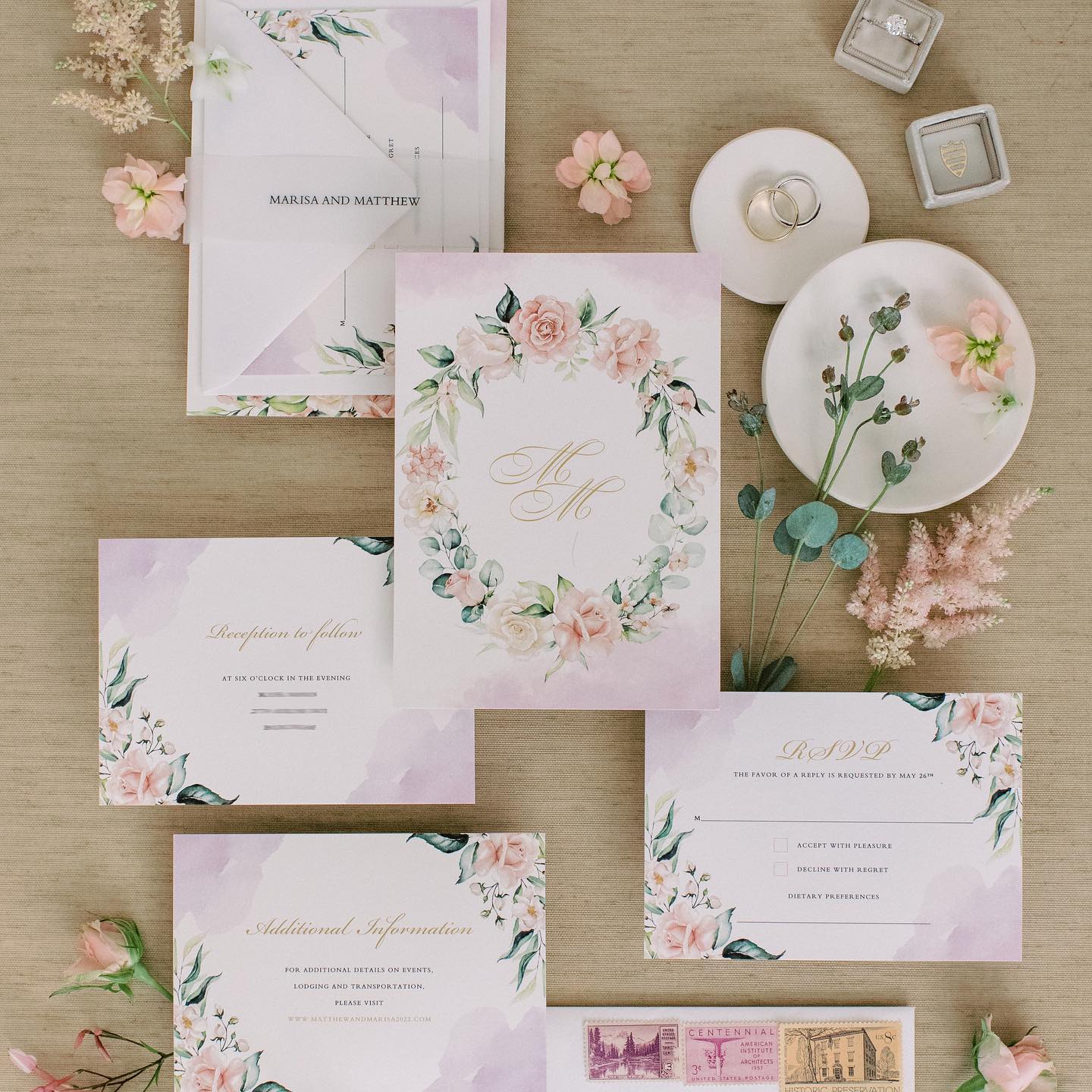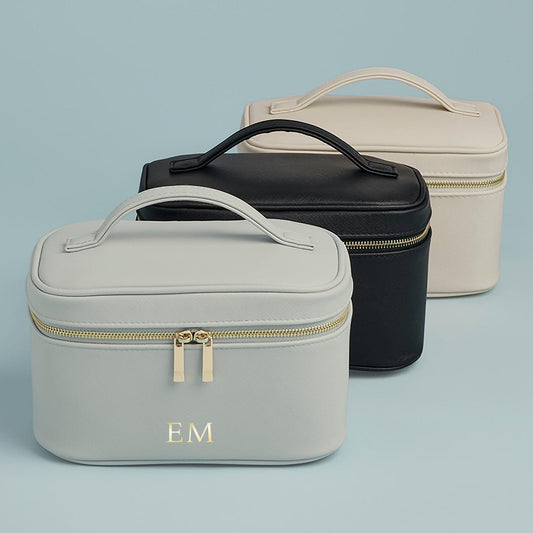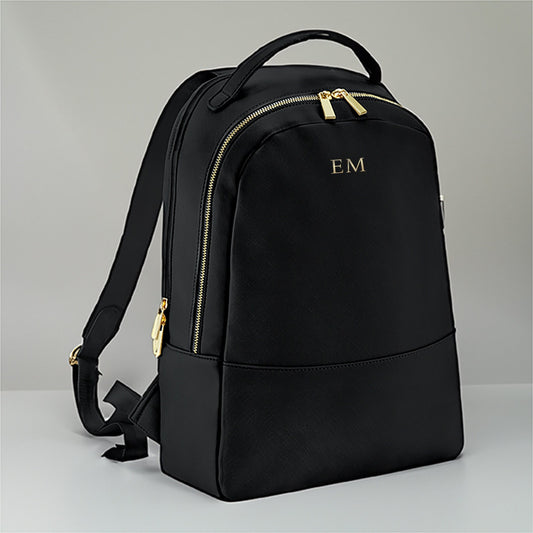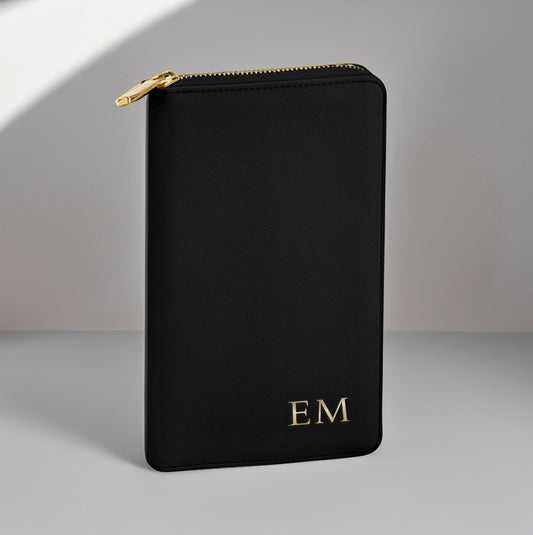Why the Message Matters
A beautifully designed card is only half the story. It’s the words inside that often mean the most. A short, sincere message can lift someone’s spirits, offer comfort, or simply make them smile. Whether it’s a birthday, anniversary or a time of need, a thoughtful message makes your gesture truly personal.
Start with the Occasion
The tone and content of your message should reflect the event. A joyful birthday might call for something playful or warm, while a sympathy card should be gentle and respectful. Let the purpose of the card guide your wording, and speak from the heart rather than following a formula.
Keep It Simple and Genuine
You don’t need to write a long note to make an impact. A few well-chosen sentences can go a long way. Focus on sincerity over perfection - people appreciate honesty more than polished phrasing. Use your natural voice and write as if you were speaking to the person face-to-face.
Personal Touches Make a Difference
Adding a personal detail, such as a shared memory, a nickname or an inside joke, turns a generic message into one that feels truly special. Mentioning something specific shows that you’ve taken the time to think about the recipient, and that care is often what makes the message memorable.
Ideas for Different Occasions
Here are a few starting points for different types of messages:
- Birthday: “Wishing you a day filled with everything you love. So glad we’ve shared another year of laughs.”
- Thank You: “Just a note to say how much I appreciated your kindness - thank you for being so thoughtful.”
- Sympathy: “Thinking of you during this difficult time. I’m here whenever you need a friend.”
- Congratulations: “So pleased for you - what a brilliant milestone. You deserve every bit of it.”
When You’re Not Sure What to Say
It’s okay to be unsure. Sometimes acknowledging that is the most honest approach: “I wasn’t sure what to write, but I just wanted to let you know I’m thinking of you.” A sincere note, even when brief, can speak volumes.



















